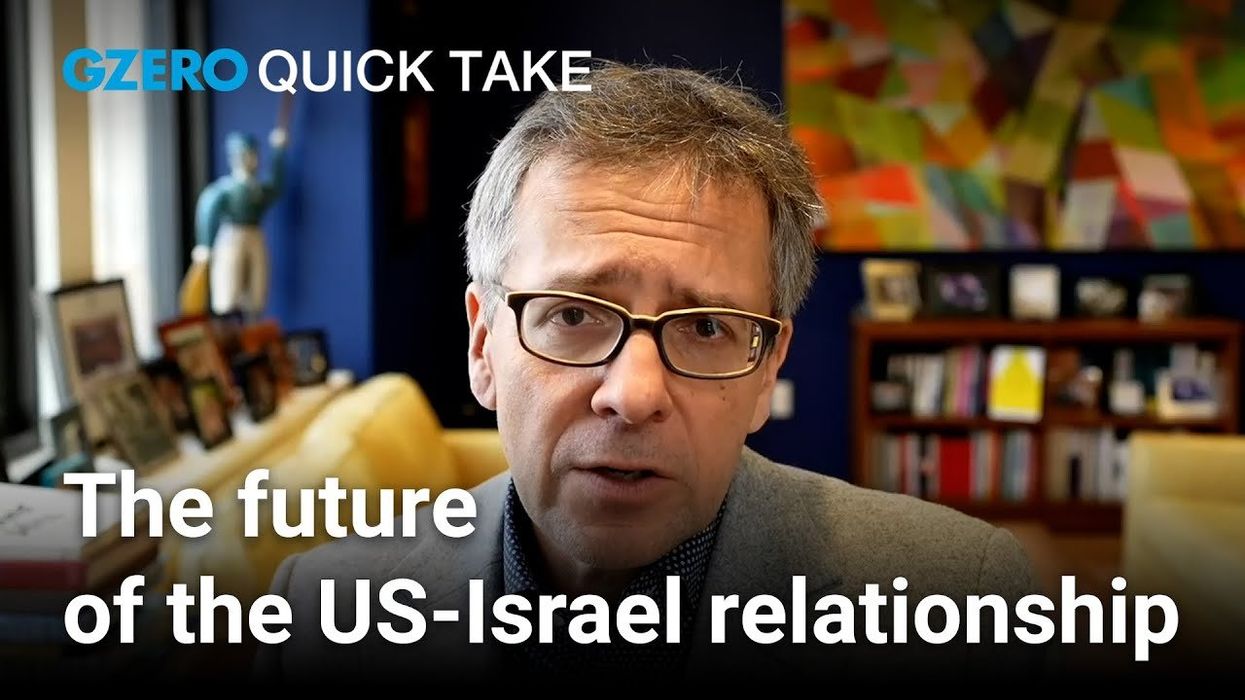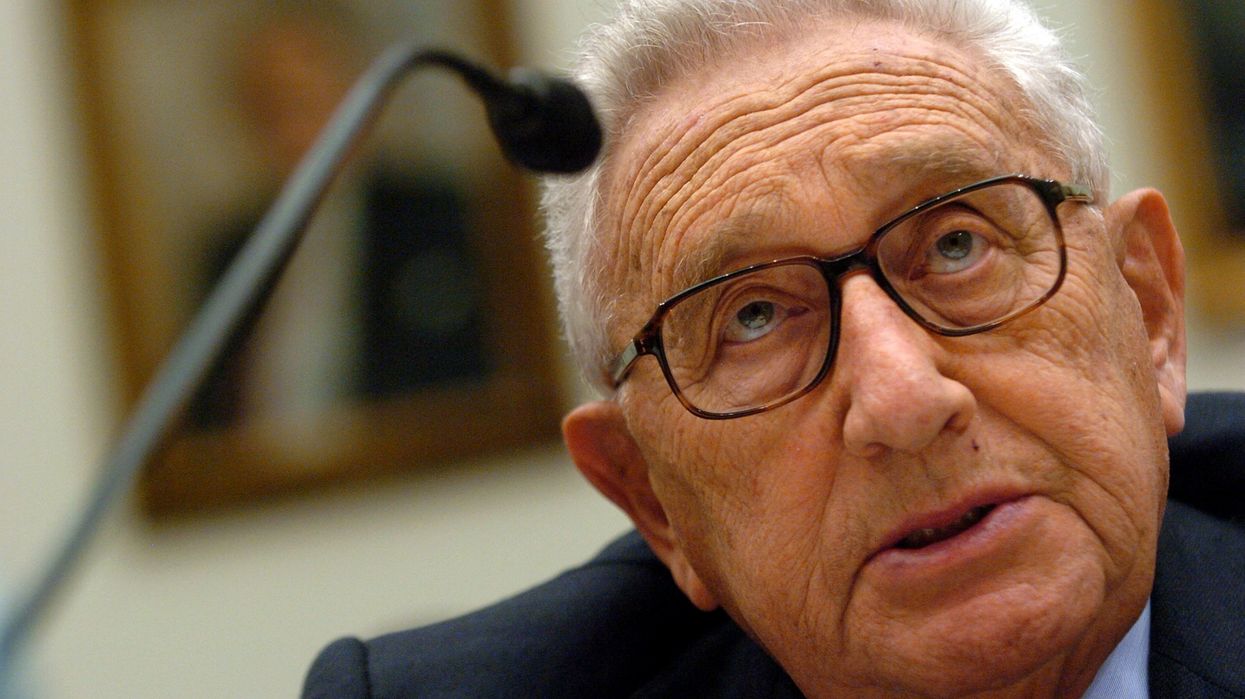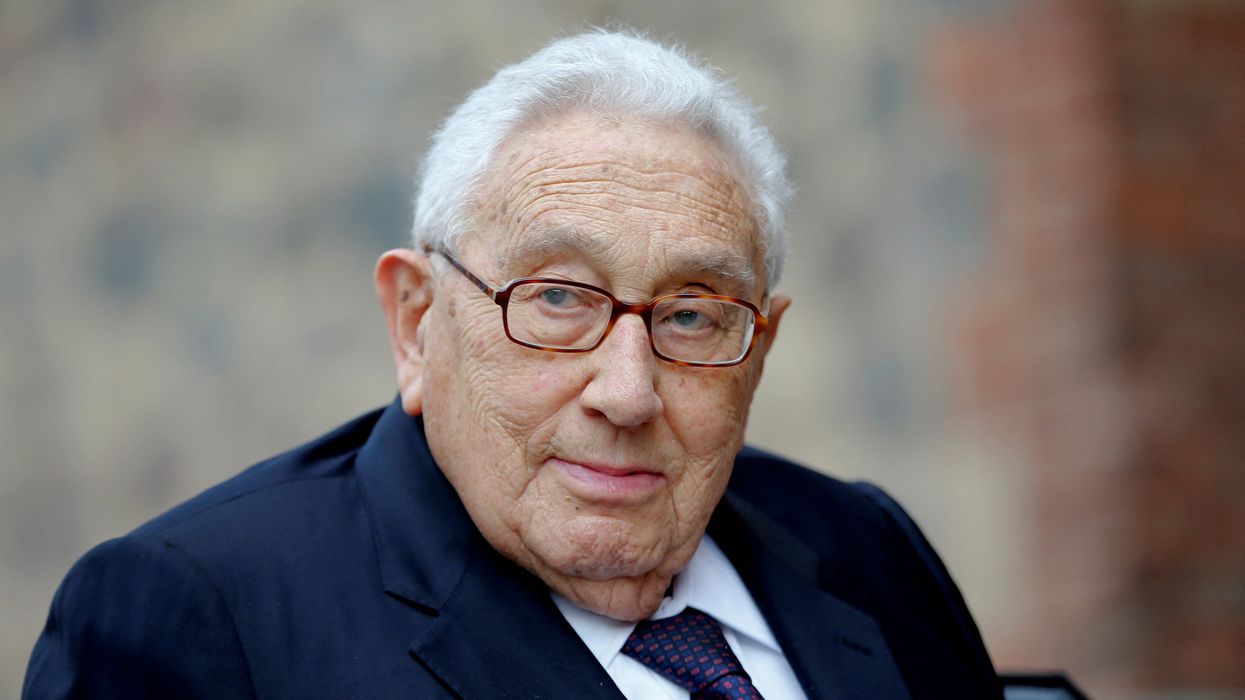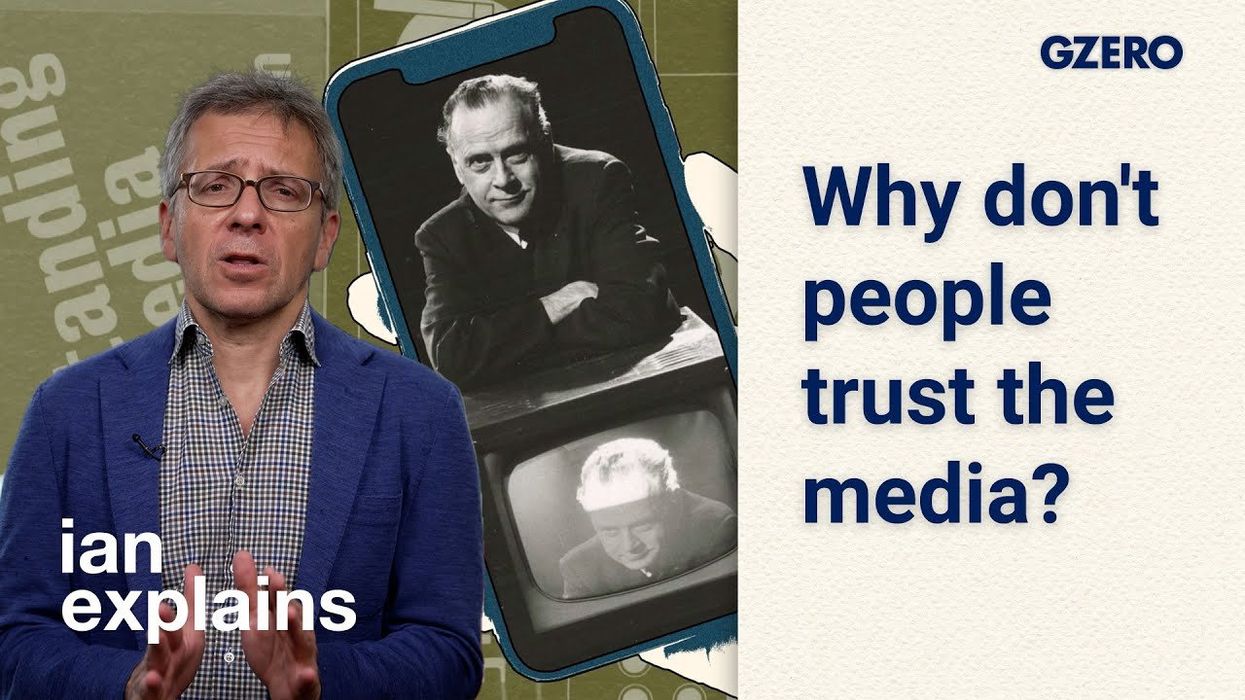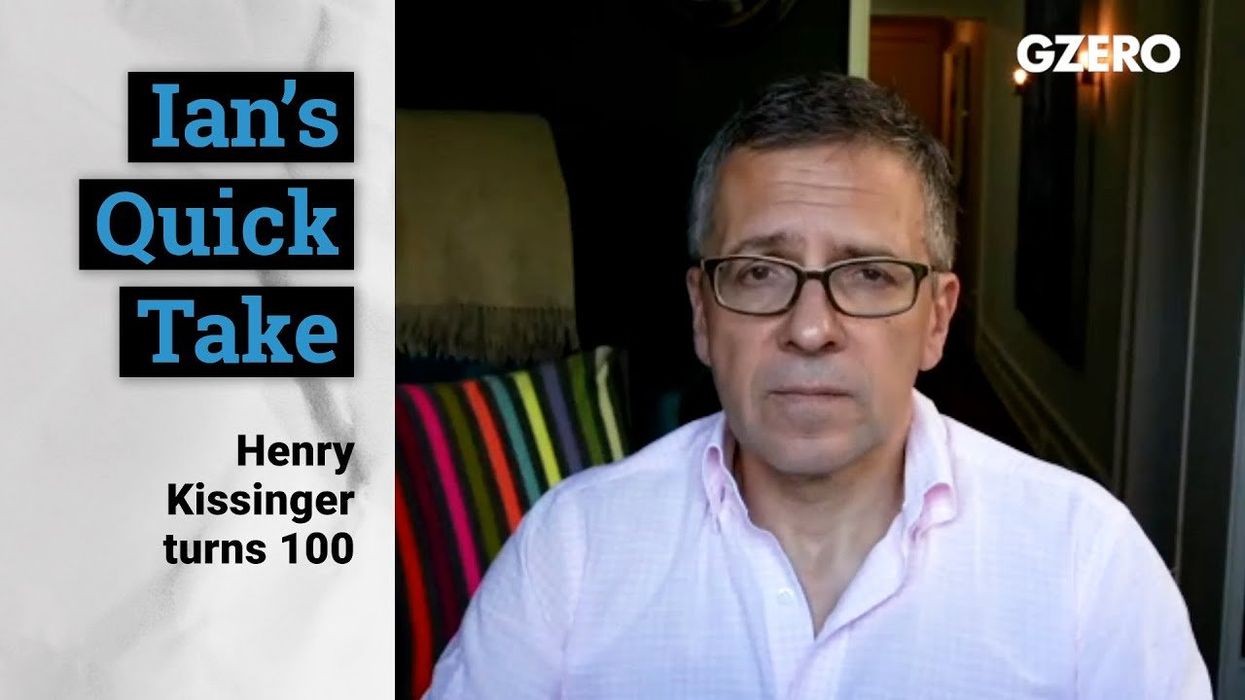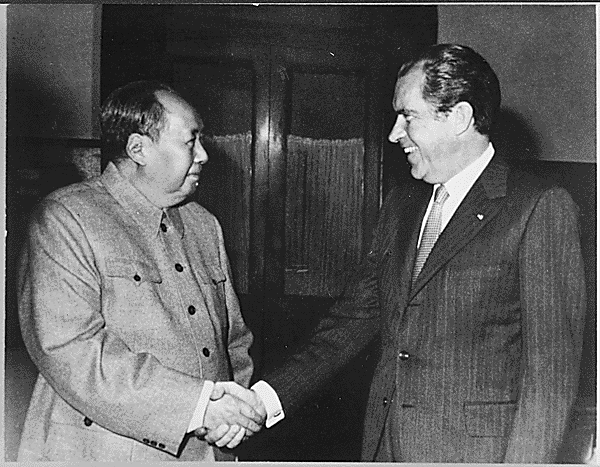Quick Take
Can the US-Israel relationship still rely on shared values?
Ian Bremmer's Quick Take: The US is increasingly seeing Israel deviate from shared values, given the way Netanyahu's far-right government is responding to Hamas' attack.
Dec 11, 2023
